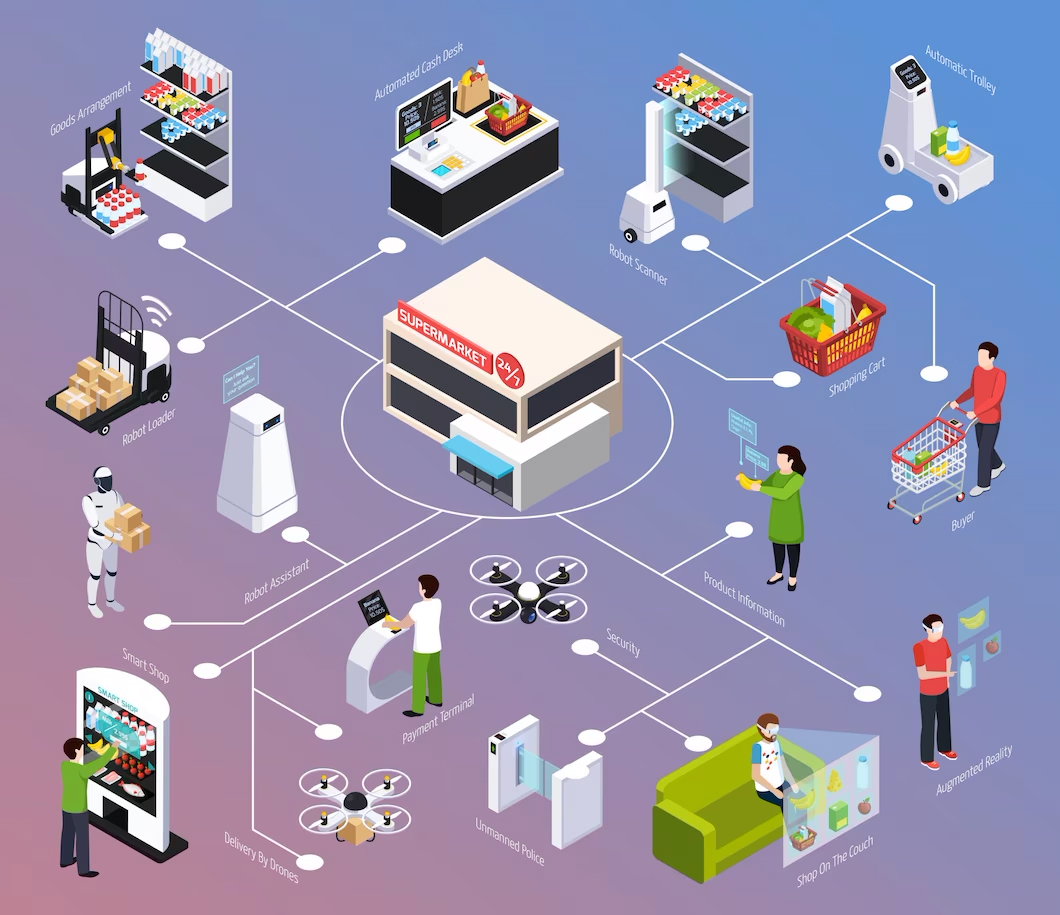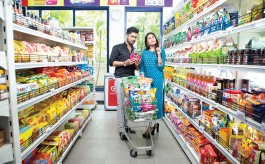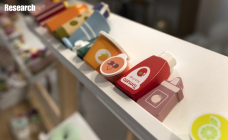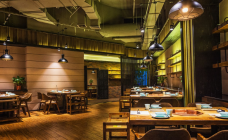AI & digital technologies driving ESG, competitive edge for consumer brands, says report
By Retail4Growth Bureau | September 11, 2023
A new report by Mazars, the international audit, tax and advisory firm, shows how smart and sustainable business models can help consumer companies stay ahead with examples from names such as L’Oréal, Marks & Spencer, Pernod Ricard, and Danone .
Mazars, the international audit, tax and advisory firm, has announced the release of its new report, ‘Sustainable, smart, and synchronised: using technology to accelerate the ESG transition in the consumer sector – an action-oriented guide to how consumer companies can thrive in the emerging demand environment.’

The company release says that mature markets are experiencing a shift in consumer demand patterns as consumers move away from traditional products and services towards those consistent with environmental, social, and governance goals. At the same time, Mazars’ latest C-suite barometer found that 70% of consumer sector executives said that it was ‘essential’ or 'very important' for their organisation to understand and exploit automation and artificial intelligence. The new report guides consumer sector executives in how to harness ESG and digital transformation to stay ahead.
The report offers an actionable guide to how to future-proof consumer companies by shifting to synchronised, smart and sustainable business models, and includes contributions from experts with executive experience at Mazars, L’Oréal, Marks & Spencer, Pernod Ricard, and Danone.
Isabelle Massa, Partner, Mazars says: “Shoppers’ conflicting demands - as both consumers and citizens - place new and sometimes contrary pressures on the consumer sector. Digital and sustainable transformation help consumer companies strategically and systematically future proof themselves for the evolving demands of new cohorts of consumers.”
The report is relevant to all consumer companies including retail, food, beverage, and luxury companies.
Some key takeaways from the report:
Sustainable
- Consumer companies are harnessing the power of technology to meet customers’ aspirations for sustainable consumption.
- L’Oreal has increased recycling, introduced refillable products, and information for consumers to make more sustainable choices.
- Second-hand fashion platforms like Depop or ThredUP facilitate reuse, and consumer search and purchase data reveals emerging fashion trends.
Smart
- Digital transformation is already a strategic priority for many consumer companies, with one-third of CxOs naming it a top priority in the next three to five years.
- Over 70% of consumer sector executives said it was ‘essential’ or ‘very important’ for their organisations to understand and exploit automation and artificial intelligence.
- Companies like Danone, Hugo Boss, and Tesco have used digital technologies in factories to drive energy efficiencies and reduce waste.
- Hugo Boss uses 3D software to create digital prototypes of products, rather than producing physical samples, which speeds up the design process and eliminates material waste.
Synchronised
- Technology and sustainability transformation synchronised with business needs can maximise benefits and impact.
- Nestle and Walmart use blockchain to track and trace products from infant formula to coffee.
- Other tech applications include reducing fraud and non-compliance, assessing supplier risk and performance, and using predictive analytics for smarter audits and financial forecasting.









Comments